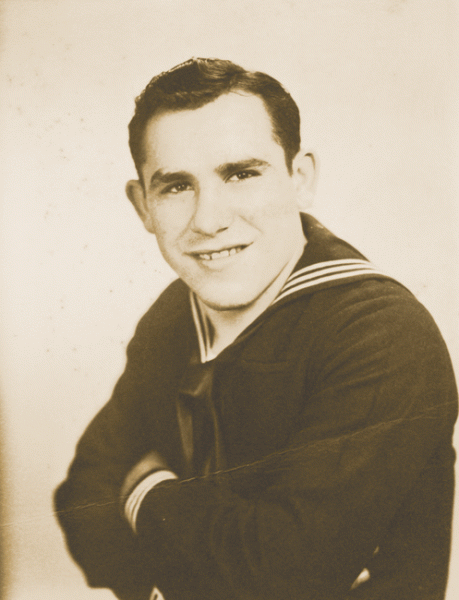June 6, 1944, 75 years ago: The Allies invade Nazi-held Normandy, on the French side of the English Channel. The liberation of Europe has begun.
It was officially called "Operation Overlord" by the United States Army, and "Operation Neptune" by the United States Navy.
The term "D-Day" is now used almost exclusively in connection with this event, but it is actually a generic term for the day on which a combat operation is to be initiated. The earliest use of it was in World War I, on September 7, 1918, when the U.S. Army used it for their attack on the St. Mihiel Salient, also in France.
It was the largest amphibious (sea and land) assault in military history. Five beaches were invaded. The U.S. Army sent V Corps to Omaha Beach, and VII Corps -- including the 82nd and 101st Airborne Divisions, helping to make those perhaps the most famous single units in the entire U.S. armed forces -- to Utah Beach.
The British Empire sent their Second Army to Gold Beach, their I Corps to Sword Beach, and Canada's 3rd Infantry Division to Juno Beach. There was also assistance from Free French and exiled Polish forces.
All told, there were about 350,000 men on the Allied side, against about 50,000 for the Nazis, a 7-1 manpower advantage. And still, because of the defensibility of the terrain, the Allies lost over 4,400 men -- all in one day, nearly as many as America lost in Iraq over an 8-year stretch. The Nazis lost over 9,000 men, and were forced to retreat from what they were calling "Fortress Europe."
The commanding officer for the operation, General Dwight D. Eisenhower, had originally scheduled it for the day before, June 5, but had to call it off due to unfavorable weather reports. He saw that the weather reports for the next few days weren't getting appreciably better, and decided that June 6 would be "D-Day."
"Ike," a 53-year-old native of Abilene, Kansas wrote a statement to use in the event the invasion failed, claiming full responsibility. He never had to use it. He would go on to become the 34th President of the United States.
Among the nearly 200,000 U.S. Navy personnel was a 19-year-old old gunner's mate from St. Louis, aboard the attack transport vessel USS Bayfield. He saw "the rockets' red glare," and later told an interviewer, "It looked like the 4th of July." He may have been the calmest man in the entire operation. He was the one man who both took part in the D-Day invasion and played Major League Baseball. He was Second Class Seaman Lawrence Peter Berra. Yogi.
With the news of the invasion reaching American shores early in the morning, the Commissioner of Baseball, Kenesaw Mountain Landis -- whose father survived the Battle of Kennesaw Mountain, outside Atlanta, in the American Civil War, and named his son in honor of it, with a different spelling -- ordered the postponement of all professional baseball games scheduled for the day.
This day, 75 years ago, was the most important day in human history. If the Allies had lost, the Nazis could have held on and negotiated a stalemate, and still ruled a big chunk of Europe for the foreseeable future.
But the Allies won. We won. We freed Europe from fascism. (Except for Spain and Portugal. That took another 30 years or so.) We defeated, and punished, the greatest evil that the planet Earth has ever known.
These people, and those who fought in the war earlier from September 1939 onward, were the original "Antifa." We owe these people everything.
Including the decision to cancel the day's baseball games. As Baseball Hall-of-Famer Bob Feller, then serving in the U.S. Navy in the Pacific Theater of Operations, told people for the rest of his life, "Anybody who says sports is war has never been in a war."



No comments:
Post a Comment